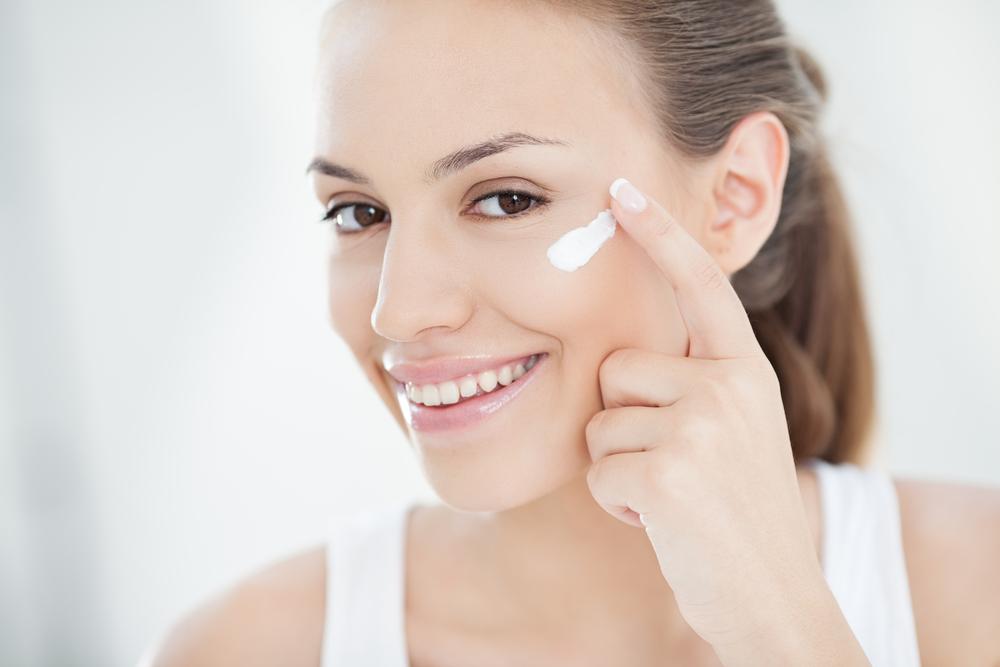What To Do When Your Skin Is Suddenly Sensitive?
Most dermatologists believe you have sensitive skin if you have skin reactions like skin erosion, bumps, a tendency towards rashes and blushing. If you have very dry skin it too is classified as dry skin. Some people have naturally dry skin, while others might develop a sensitive skin. There are too many factors or causes that can lead to sensitive skin. If you believe you have symptoms of sensitive skin is recommended that you get a dermatologist to get your condition correctly diagnosed.
All of us have a set skincare routine. Some have a more elaborate one while others might just cleanse, moisturize and be done with it.

– Overdoing scrubbing: Exfoliation is a great skincare routine. It removes dead cells, removes dirt and other impurities from the top layer and jcan impart a healthy glow. But overdoing it can lead to abrasions, erosion of skin cells and can lead to cracks in the outer layer of the skin.
– Using too many products: Adding a new product to your regular routine might irritate your skin. It has been seen that too much of retinol, found in anti-aging products can lead to sensitive skin. Too much of salicylic acid and other cleanser ingredients can be harmful too.
– Overexposure to the sun: Overexposure to the harmful UV rays can irritate the skin and can make it sensitive too. It can also lead to sunburns on the already sensitive skin.
– Not moisturizing enough: After shower moisturizing helps lock in the moisture and does not let the skin get too dry. This avoids skin sensitivity and also protects the skin against external factors.
– Undetected skin conditions: You might have an underlying and undetected skin condition. It could also be a result of food allergies. Allergy to food or other environmental factors could cause rosacea, a skin condition. You should see a dermatologist for correct diagnosis.
Basic sensitive skin care routine and practices.
Here are a few sensitive skin care tips to alleviate the condition:
– Stay hydrated: This is the most shared tip. And there is a good reason for the same. Staying hydrated will ensure your skin does not get dry and can stand external factors.
– Use cosmetics carefully: Do not use products that have a strong fragrance or use artificial colors. Also, ensure that you throw away cosmetics once they are past their expiry.
– Moisturize well: Moisturizing right after a shower will not let your skin dry up and will also ensure that the natural moisture in the skin is retained.
– Mild face wash: Always use a sensitive skin cleanser that helps clean out your pores and removes impurities but is not too drying for your skin. Also, pat dry your skin and avoid rubbing. It is also advised that you should not use alcohol-based cleansers if you have sensitive skin.
– Use sunscreen: Exposure to the sun for long periods and not using proper sunscreen can cause skin sensitivity, irritation and can lead to severe skin conditions too.
– Avoid using excessive skincare treatments: Sensitive skincare routine should avoid chemical treatments and frequent exfoliation. Exfoliators have granules that may cause tears on your skin and further aggravate the condition.
– Avoid touching your face often: Our hands have millions of bacteria and other micro-organisms milling all day. While you may not realize but you tend to touch your face several times. If you have sensitive skin this should be avoided. You might need to make a conscious effort to stop yourself from touching your face too often.
– Avoid stress and have a sleep schedule: Stress and lack of sleep have a deep riding effect on our health. These would show the most on our skin and hair. A healthy sleep cycle also ensures that you give your skin time to heal.

